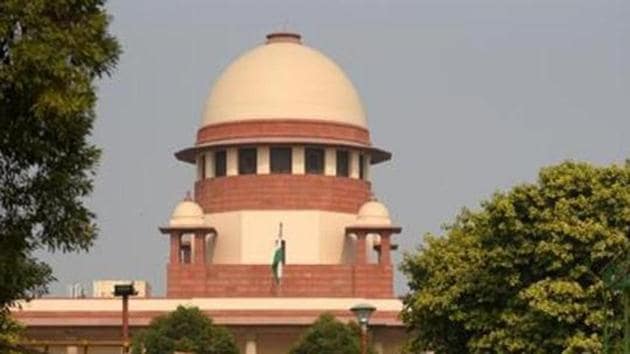‘Courts provide checks and balances, can’t be unelected governments’: SC Judge
The judge said that courts today are increasingly being asked to decide on political matters which are brought before it under the guise of public interest litigation and they face a lot of criticism due to the handling of such cases.
The role assigned to the judiciary by the Constitution of India is to provide checks and balances within the system and it cannot perform the role of unelected governments, Supreme Court judge Justice Sanjay Kishan Kaul said on Saturday underscoring the importance of courts and executive remaining within their spheres of functioning.

The judge said that courts today are increasingly being asked to decide on political matters which are brought before it under the guise of public interest litigation and they face a lot of criticism due to the handling of such cases.
“But I do believe that we have adopted a constitution where we have an elected government in power. Segregation of powers requires the judiciary to perform its role and executive to perform its role. Courts cannot be unelected governments. They provide check and balance,” justice Kaul, who was delivering the keynote address at a webinar organized by non-governmental organization, CAN Foundation on the topic, ‘Dissents that made a difference: India & Abroad’, said. Courts, he maintained, have their limitations and have not been tasked with the responsibility of running the system.
Also read: Chandrababu Naidu escapes unhurt as cars in his convoy collide in Telangana
“They (courts’ views) are inherently minoritarianism because the majority view is reflected by the government in power. There are limitations to the judiciary. The judiciary has not been assigned the role of running the system but (a role) to put check and balance on the system,” justice Kaul added.
The judge pointed out that there is a “shrill discourse” today surrounding political cases and the courts bear the brunt of the attack.
“They (courts) honestly face criticism today on how far it should go. Some say courts go too far while others say it is not going far enough. But I think the separation of powers must be kept in mind on this issue,” he said.
Justice Kaul said that the system offers space for dissent – for the political system it is in the Parliament and on the streets, while for judiciary it is through dissenting judgments.






